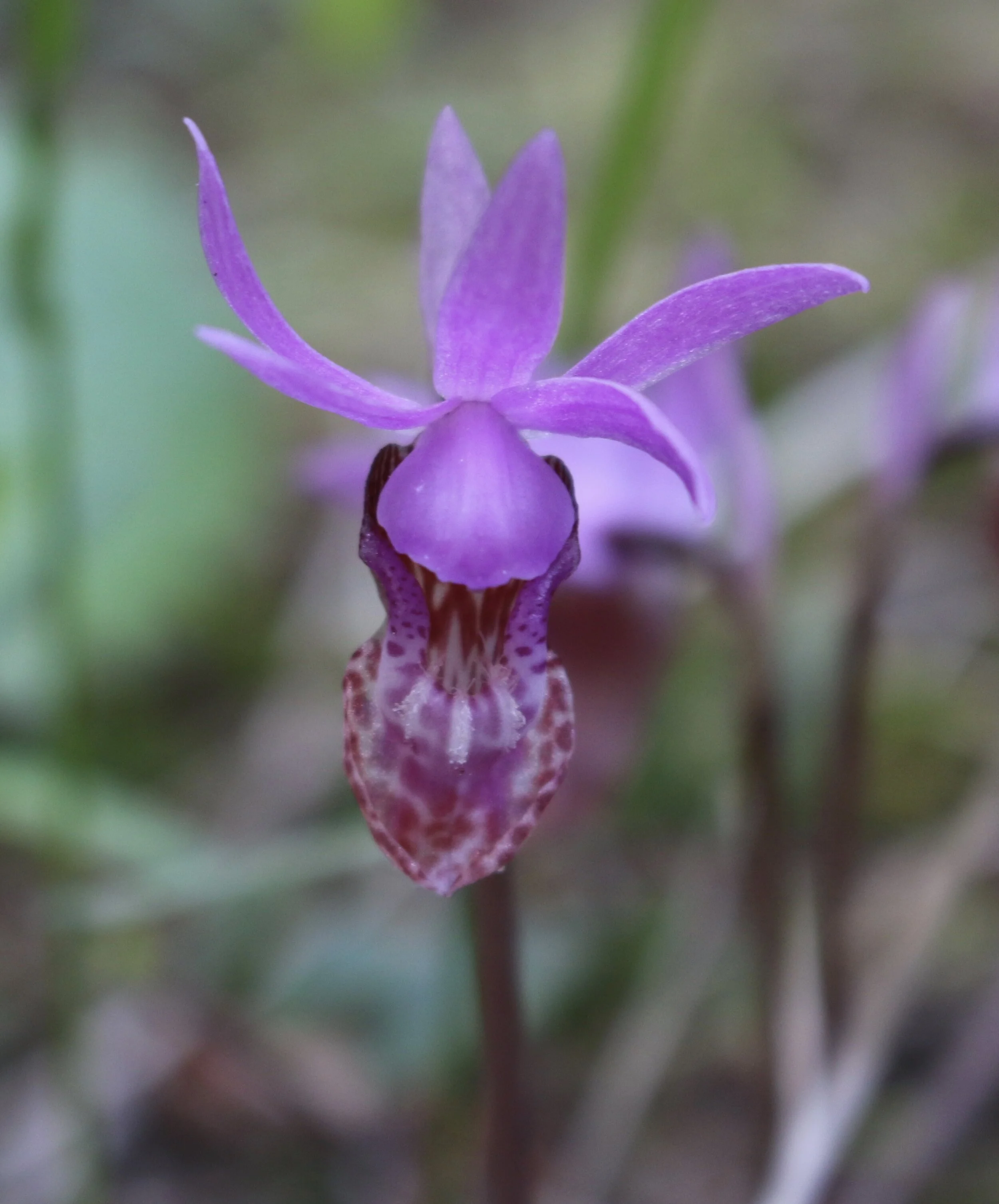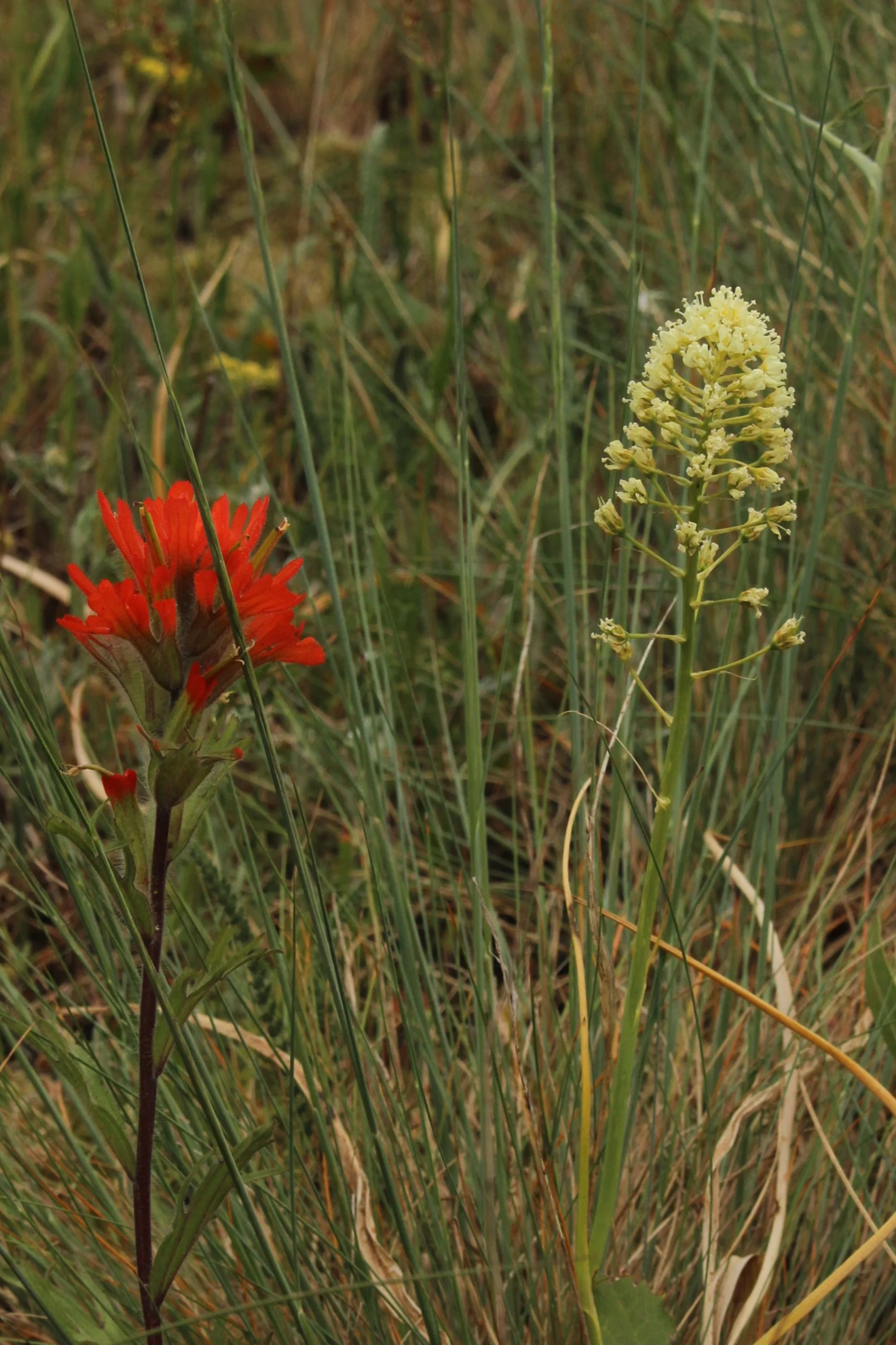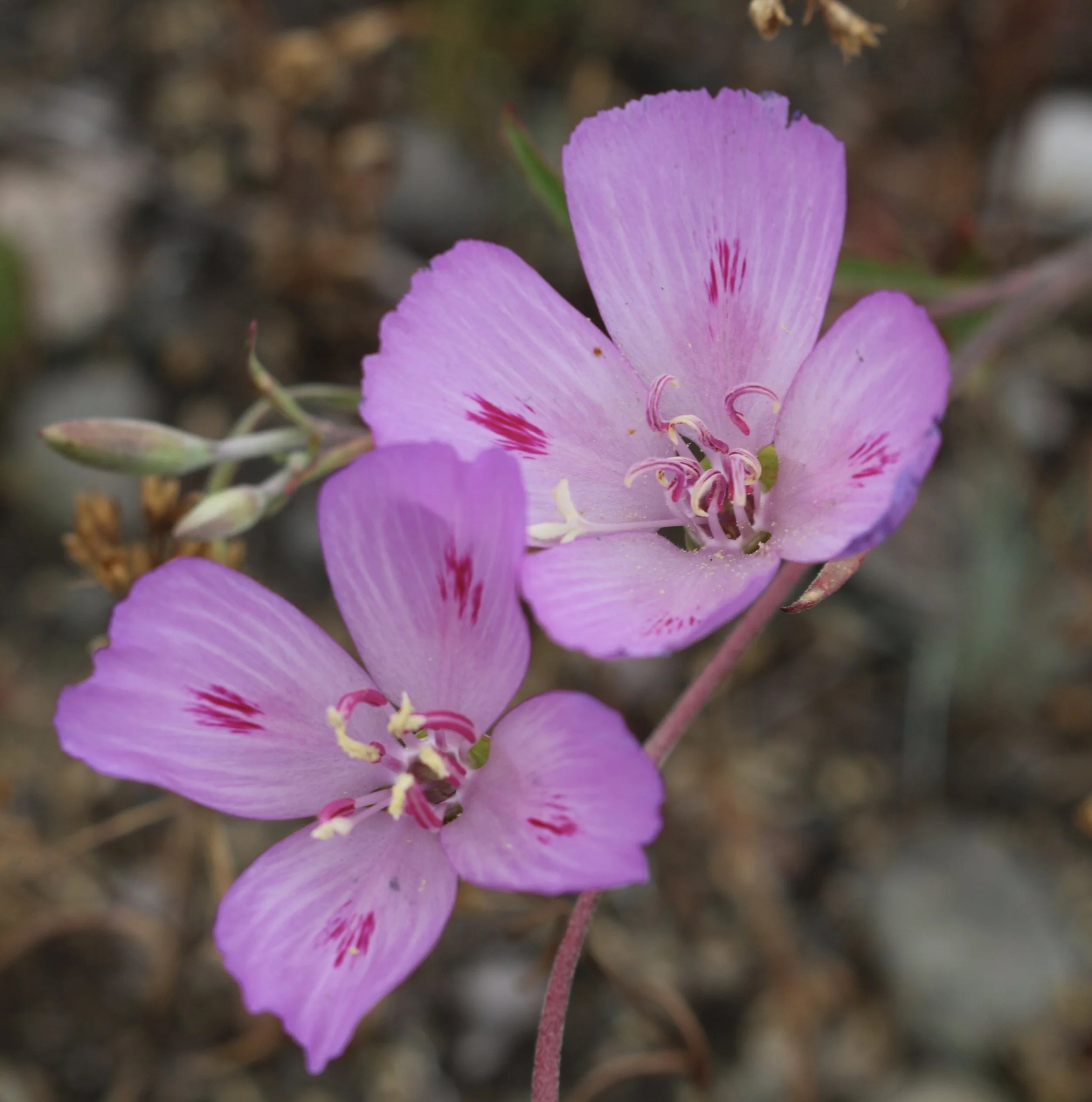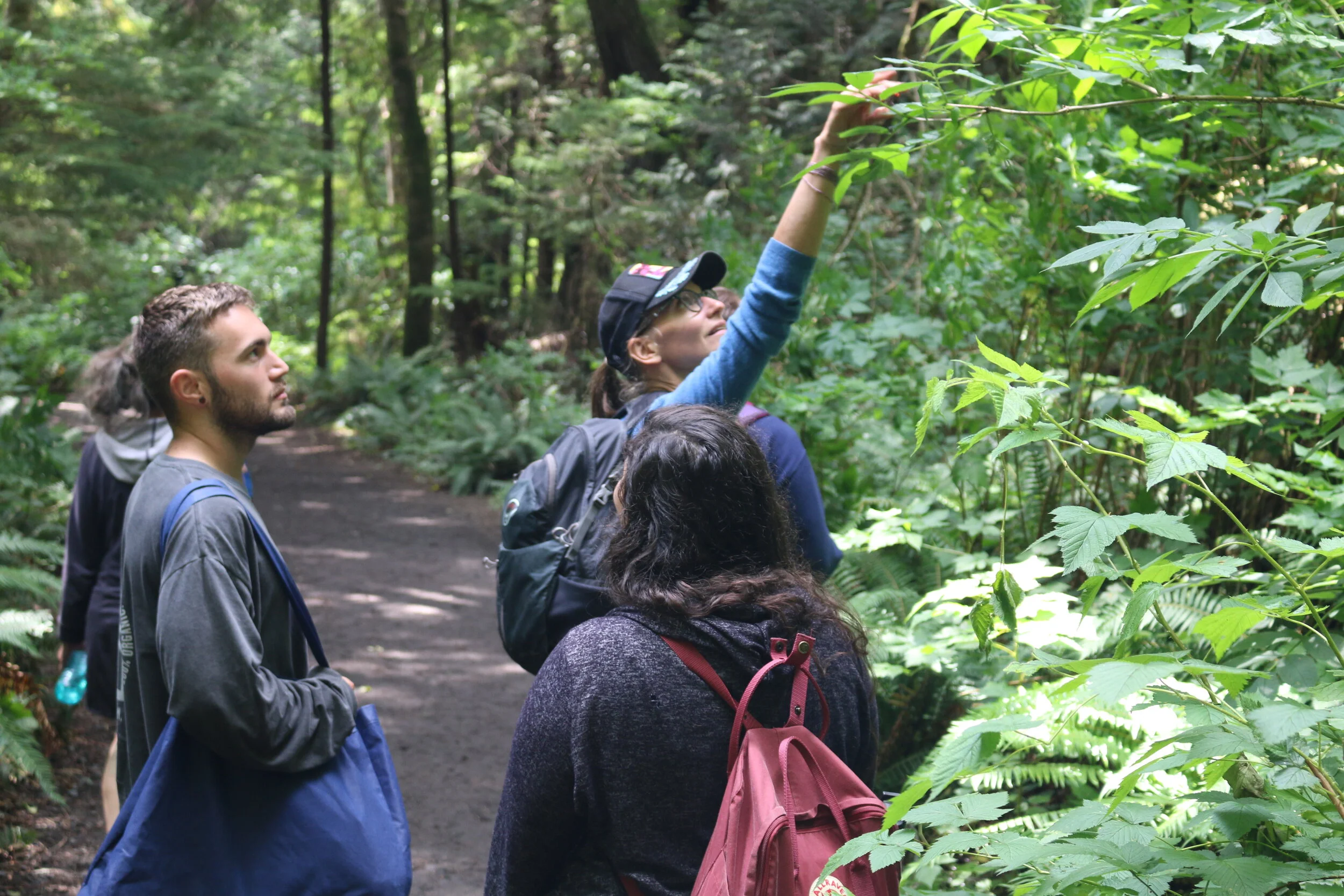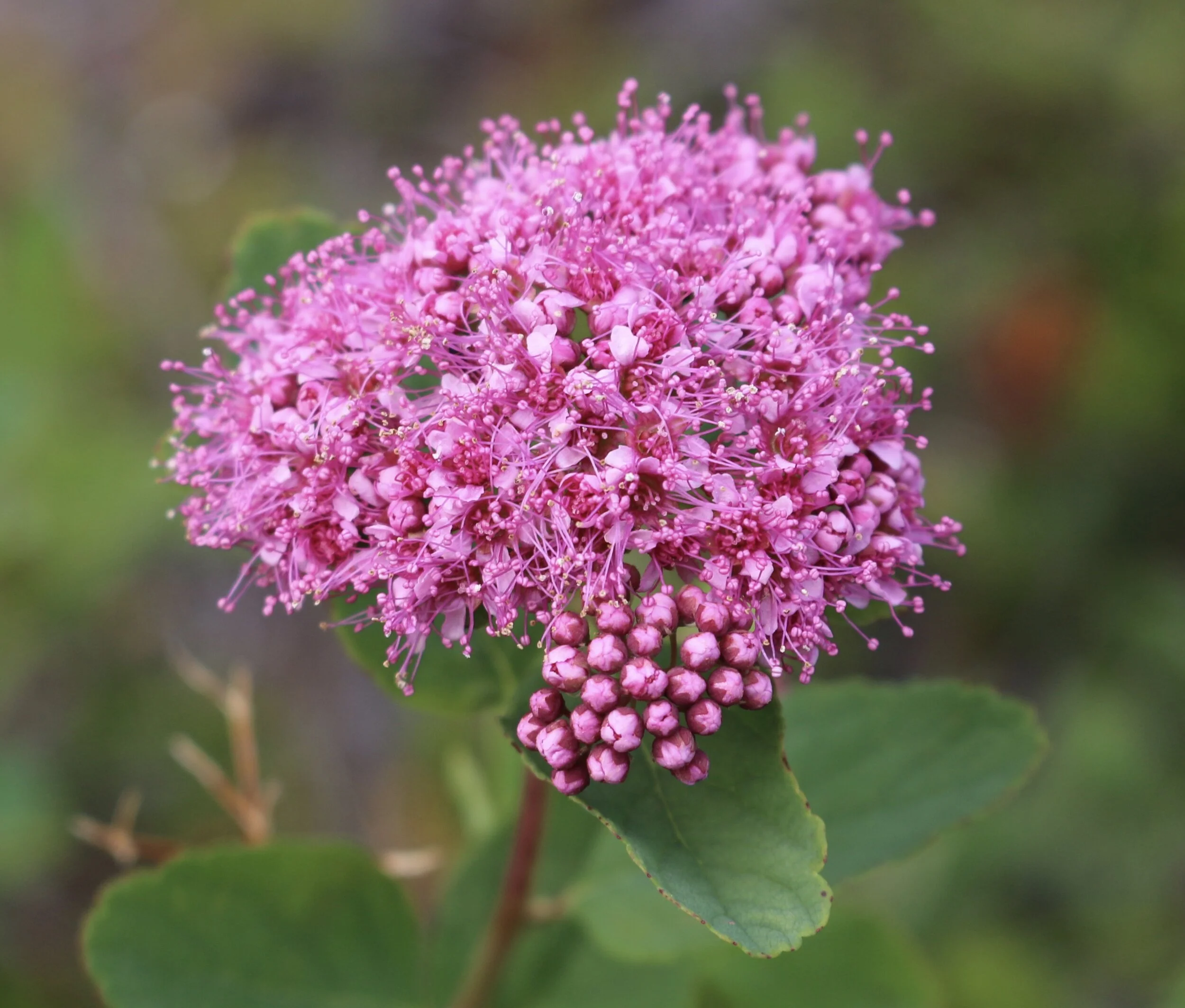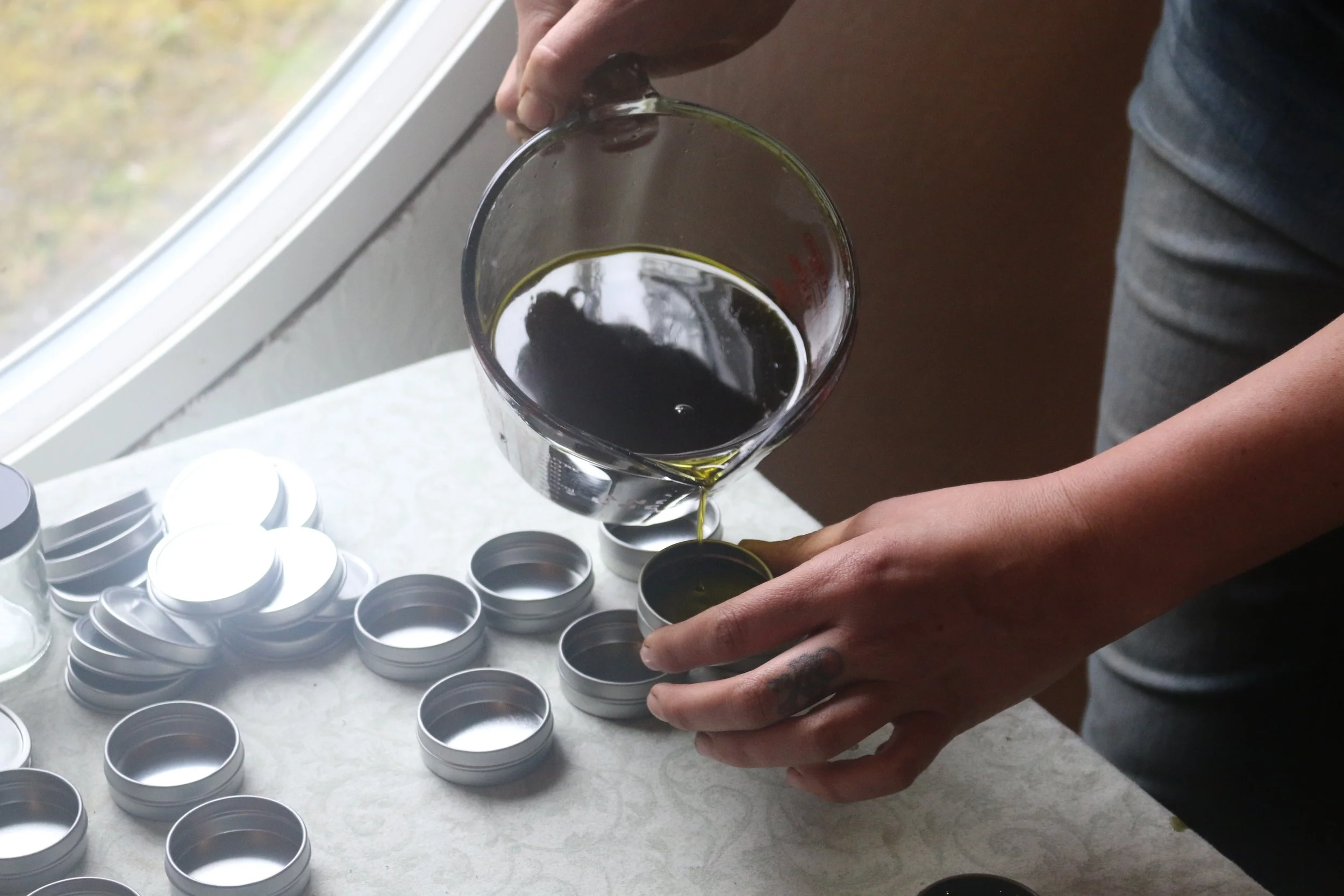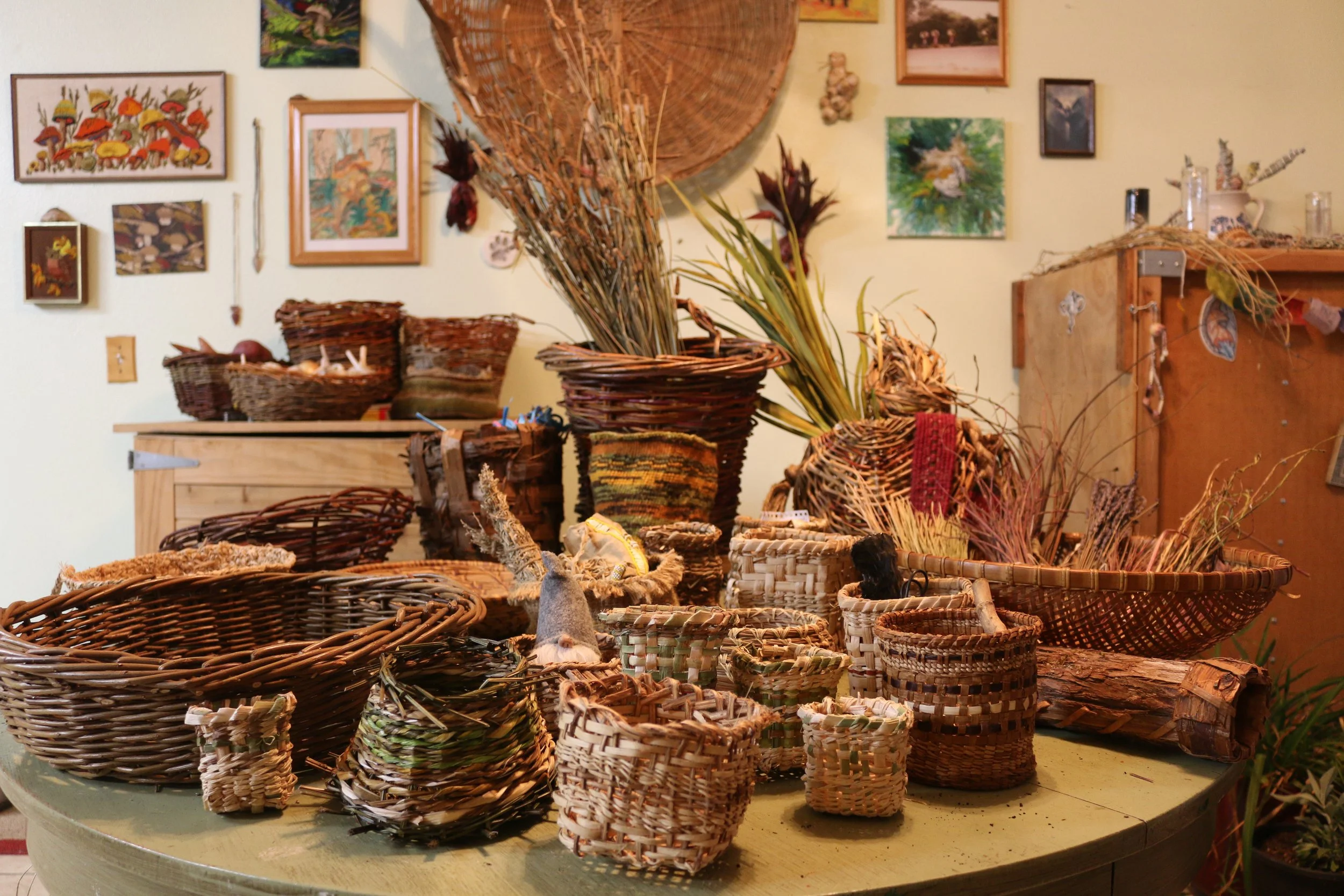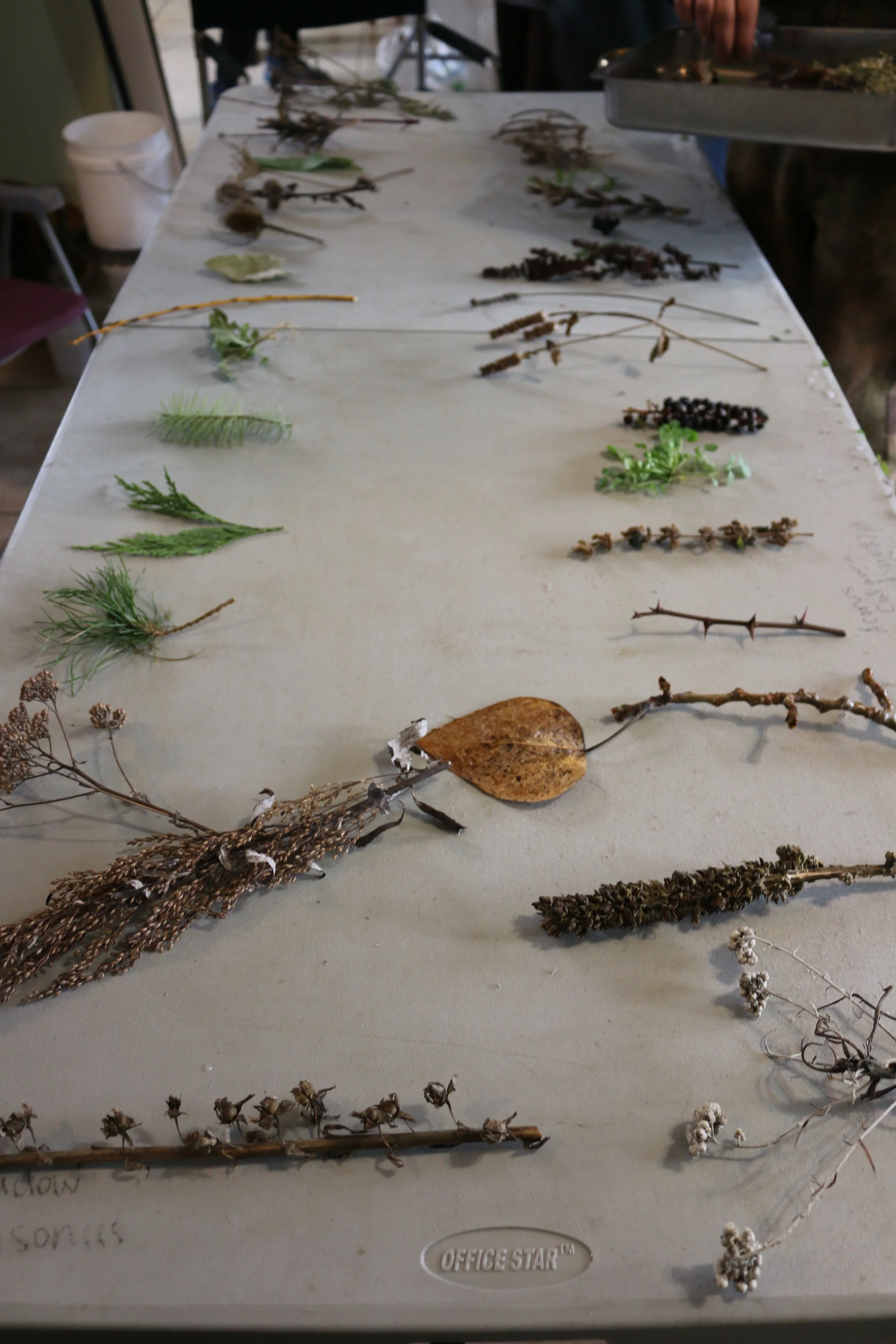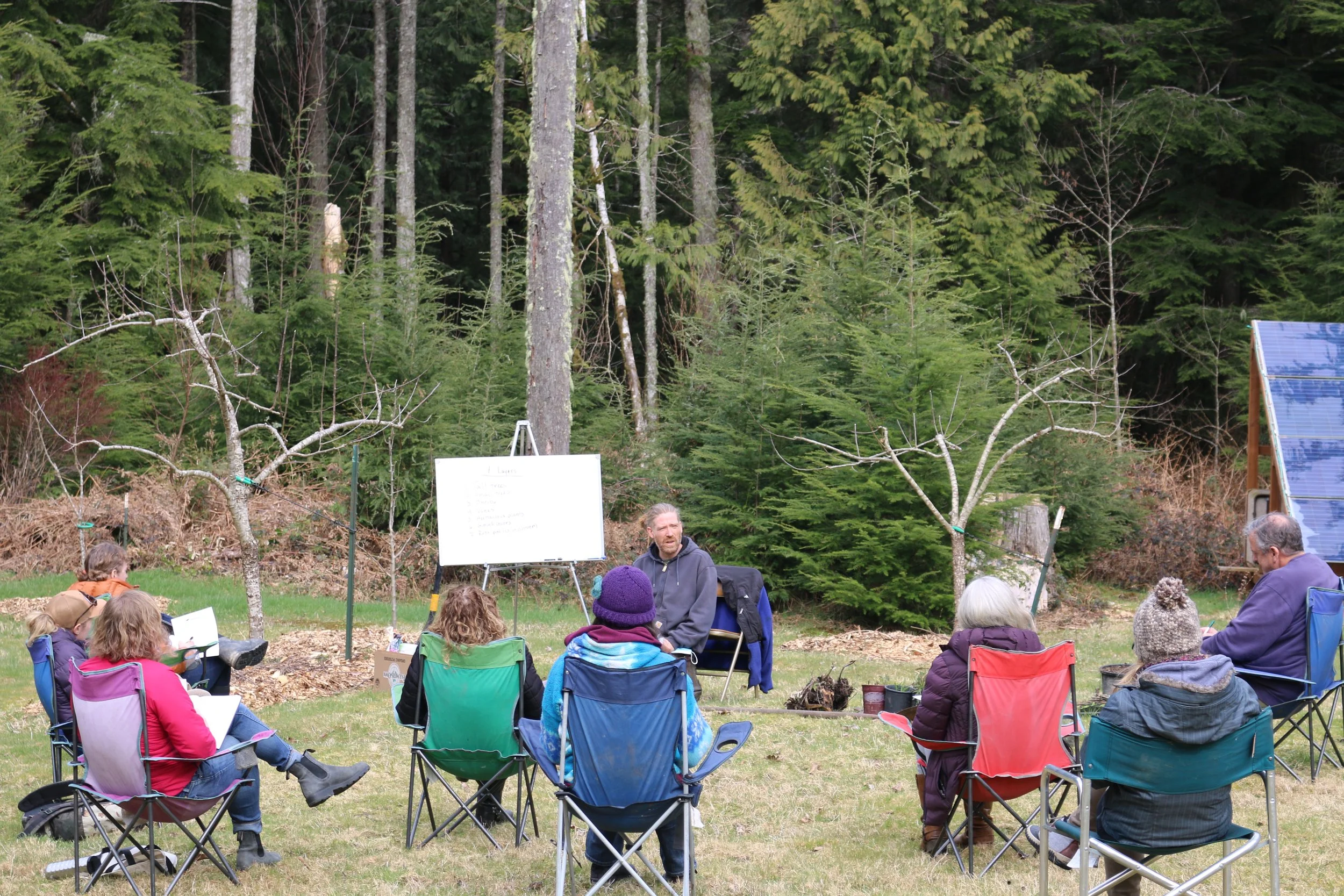
Weekend #1: Introduction to Ethnobotany
Location: Bellingham, WA
March 7-8 2026
Instructors: Elisha Klco, Jeanette Wickell, Theo Hoss
On the Saturday of this weekend program, we will dive into an introduction to Ethnobotany, including the following:
Basics of Botany. What is Ethnobotany?On this first day of the course, we will begin by providing an overview of the science of botany, and the more specific field of ethnobotany. This will help set the foundation for learning for the remainder of the course.
Homemade Medicine Types: tinctures, teas, and salves.
This first day will also include an introduction to the most common medicine types which we will be using during the course, tinctures (medicine made by dissolving plants in alcohol), teas (herbal and medicinal teas), and salves (medicinal ointments made for topical application).
Plant Community Growth Habits in the Pacific Northwest
Understanding how forests grow is critical when trying to find specific plants for harvest and use. We will discuss how forests respond to disturbances like fire, flood, landslide, and harvest, and how they grow back, a process called succession. We will also discuss the 7 different plant layers that make up most of our local plant communities. This will help students understand how particular plants have adapted to grow in specific locations across the landscape.
Introduction to permaculture strategies.
One goal of this course is to demonstrate how to grow a medicinal garden at home, and during this first class there will be an introduction to permaculture. Permaculture gardens are meant to be primarily sustained year after year by perennial vegetables, plants which persist year round or come back from the roots each spring. We will introduce techniques for propagation, including both seed germination and clonal division. This section will also include a tour of a permaculture garden.
Springtime Wild Foraging.
In addition to strategies for growing the edible and medicinal plants covered in the course at home, we will also begin to introduce strategies for harvesting in the wild, with a focus on those plants which are productive in the spring.
On the Sunday of this weekend program, we will continue learning the basics of Ethnobotany with:
An overview of the coming weeks of the course.
Natural medicine making.
The class will dive into an explanation of some of the different types of plant medicines, including tinctures, salves, teas, decoctions and infusions. Students will practice by making their own natural medicines, taking home what we make in class.
Continued introduction to Permaculture gardening strategies and techniques.
Continued introduction to plant identification and the concept of succession.
Harvesting ethics
This section of the class will focus on the practices herbalists must use to keep wild harvests sustainable into future seasons and generations. We will practice using these harvesting ethics while harvesting species ready for harvest at the time of the course. We will also discuss the practices we can use to develop relationships with the plants we are meeting during this class.
Continued Wild foraging in the spring.
Recommended reading.

